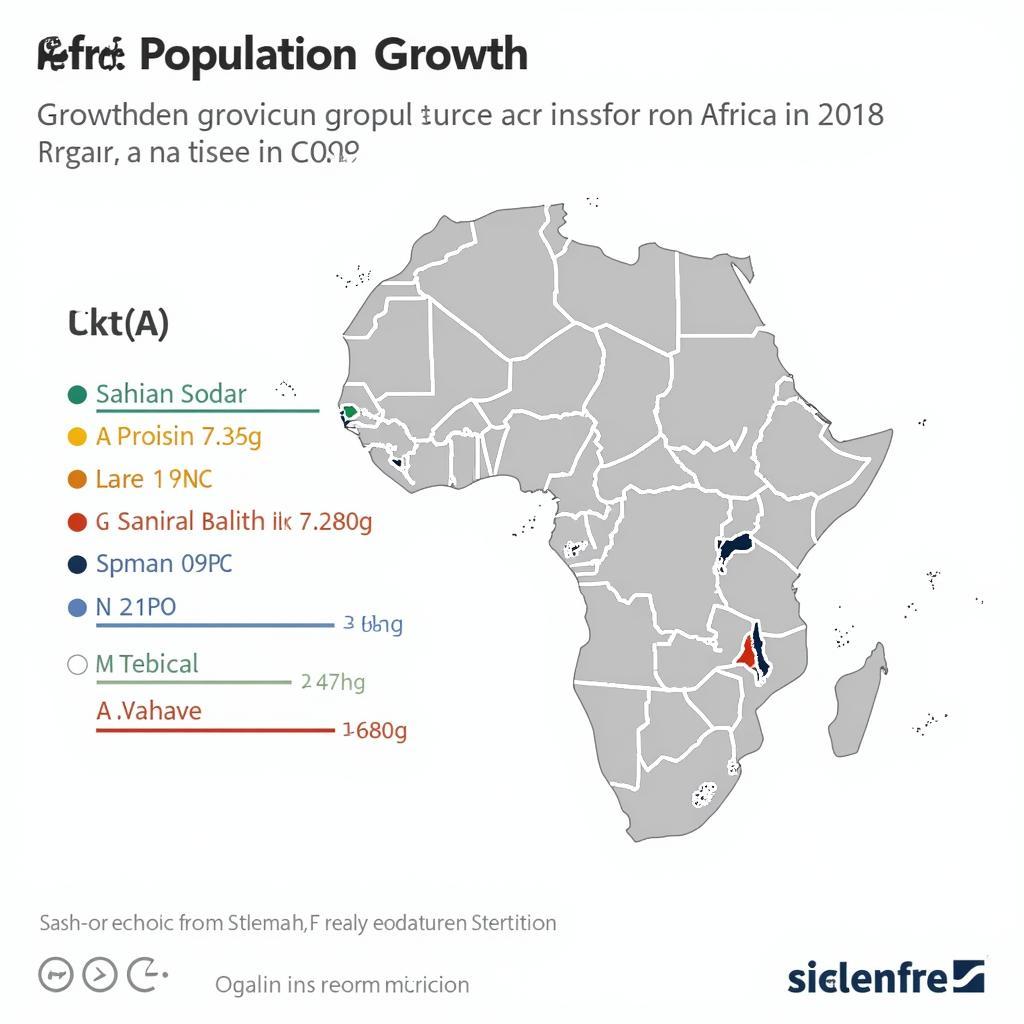The Ultimate Guide to the African Pygmy Hedgehog
The African pygmy hedgehog, a captivating creature native to select regions of Africa, has become an increasingly popular exotic pet. These small, spiky mammals are known for their unique personalities and relatively low-maintenance care requirements. This guide delves into the fascinating world of the African pygmy hedgehog, covering everything from their natural habitat and behavior to their dietary needs and housing preferences.
Understanding the African Pygmy Hedgehog’s Natural Habitat
In the wild, African pygmy hedgehogs inhabit dry savannas, grasslands, and woodlands across central and eastern Africa. These areas offer a diverse range of insects, their primary food source. They are nocturnal animals, preferring to forage for food under the cover of darkness, seeking refuge in burrows or beneath dense vegetation during the day to avoid predators. Understanding their natural environment is crucial for providing appropriate care in captivity.
Adapting to Life in Captivity
Transitioning from the wild to a domestic setting requires careful consideration of the African pygmy hedgehog’s natural behaviors and needs. Providing a stimulating and enriching environment that mimics their natural habitat is essential for their well-being.
Providing Optimal Care for Your African Pygmy Hedgehog
Caring for an African pygmy hedgehog involves providing a suitable environment, a balanced diet, and regular interaction. These small creatures require specific housing, temperature, and humidity levels to thrive.
Housing Your African Pygmy Hedgehog
A spacious enclosure is vital for an African pygmy hedgehog. A solid-bottomed cage, preferably made of plastic or glass, is recommended to prevent escape and injury. Avoid wire or mesh bottoms, as these can cause foot problems. The cage should be large enough to accommodate a hiding place, food and water dishes, and a wheel for exercise. A solid surface wheel is essential to prevent leg injuries.
Feeding Your African Pygmy Hedgehog
A high-quality, insect-based diet is crucial for the African pygmy hedgehog. Commercial hedgehog food formulated with insects is a good starting point, but it’s important to supplement this with live insects like mealworms, crickets, and waxworms. Avoid feeding them grapes or raisins, as these are toxic to hedgehogs.
Handling and Interaction
African pygmy hedgehogs are generally solitary animals but can become accustomed to human interaction with regular, gentle handling. Avoid sudden movements and loud noises, as these can frighten them.
Common Health Concerns in African Pygmy Hedgehogs
While generally hardy, African pygmy hedgehogs are susceptible to certain health issues, including respiratory infections, mites, and obesity. Regular veterinary checkups are crucial for early detection and treatment.
Recognizing Signs of Illness
Understanding the signs of illness in African pygmy hedgehogs is essential for prompt veterinary care. Changes in appetite, lethargy, discharge from the eyes or nose, and weight loss are all indicators that your hedgehog may be unwell. Always consult a veterinarian experienced with exotic animals if you notice any concerning symptoms.
Is an African Pygmy Hedgehog Right for You?
Before welcoming an African pygmy hedgehog into your home, consider the commitment involved. They require specialized care, a specific diet, and a stimulating environment.
“African pygmy hedgehogs are fascinating creatures,” says Dr. Amani Kitoto, a veterinarian specializing in exotic animal care in Nairobi, Kenya. “But they require dedicated owners who understand their unique needs.”
Conclusion
The African pygmy hedgehog is a unique and rewarding pet for those willing to provide the necessary care. By understanding their natural habitat, dietary requirements, and potential health concerns, you can ensure a happy and healthy life for your African pygmy hedgehog. Remember, responsible pet ownership involves thorough research and a commitment to providing a stimulating and enriching environment.
FAQ
- What is the lifespan of an African pygmy hedgehog? (Typically 3-6 years)
- What is the ideal temperature for an African pygmy hedgehog enclosure? (72-80°F or 22-27°C)
- What kind of bedding should I use for my African pygmy hedgehog? (Paper-based bedding or fleece liners are recommended)
- Are African pygmy hedgehogs hypoallergenic? (No, they are not hypoallergenic)
- How often should I clean my hedgehog’s cage? (Spot cleaning daily and a full cage cleaning weekly is recommended)
- Can African pygmy hedgehogs be housed together? (They are generally solitary animals and should be housed individually)
- How can I tell if my African pygmy hedgehog is happy? (Signs of a happy hedgehog include exploring, foraging, and interacting with its environment)
Common Scenarios and Questions:
- My hedgehog isn’t eating. This could be due to several factors, including illness, stress, or incorrect temperature. Consult a vet.
- My hedgehog is making a clicking sound. This is often a sign of contentment or curiosity.
- My hedgehog is balling up. This is a natural defense mechanism. Give it space and time to relax.
Further Exploration:
- Explore our article on “Enrichment Activities for African Pygmy Hedgehogs” for ideas on keeping your hedgehog stimulated.
- Learn more about “African Pygmy Hedgehog Diet and Nutrition” in our detailed guide.
Need assistance? Contact us 24/7 at Phone: +255768904061, Email: kaka.mag@gmail.com or visit us at Mbarali DC Mawindi, Kangaga, Tanzania. We have a dedicated customer service team ready to help.

